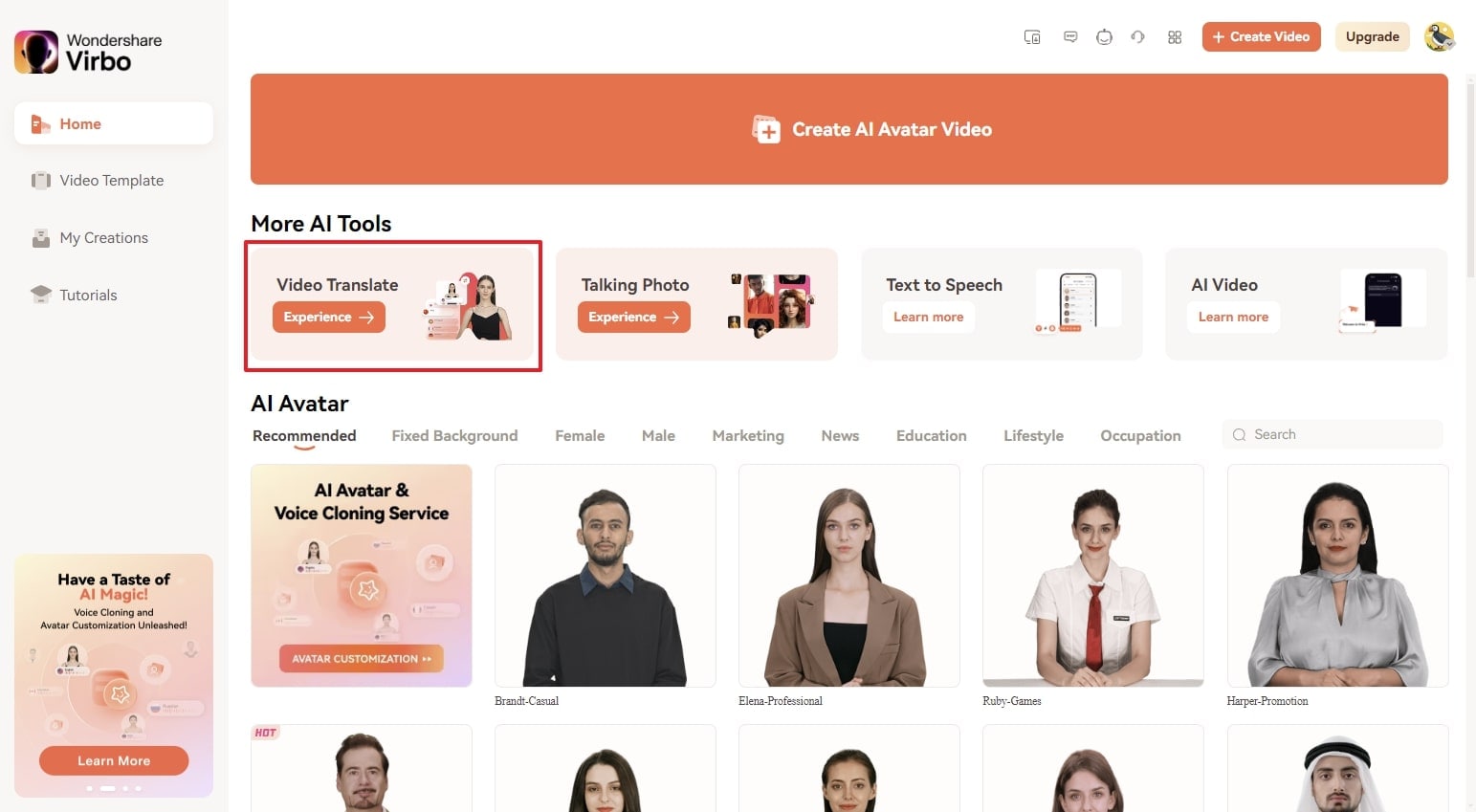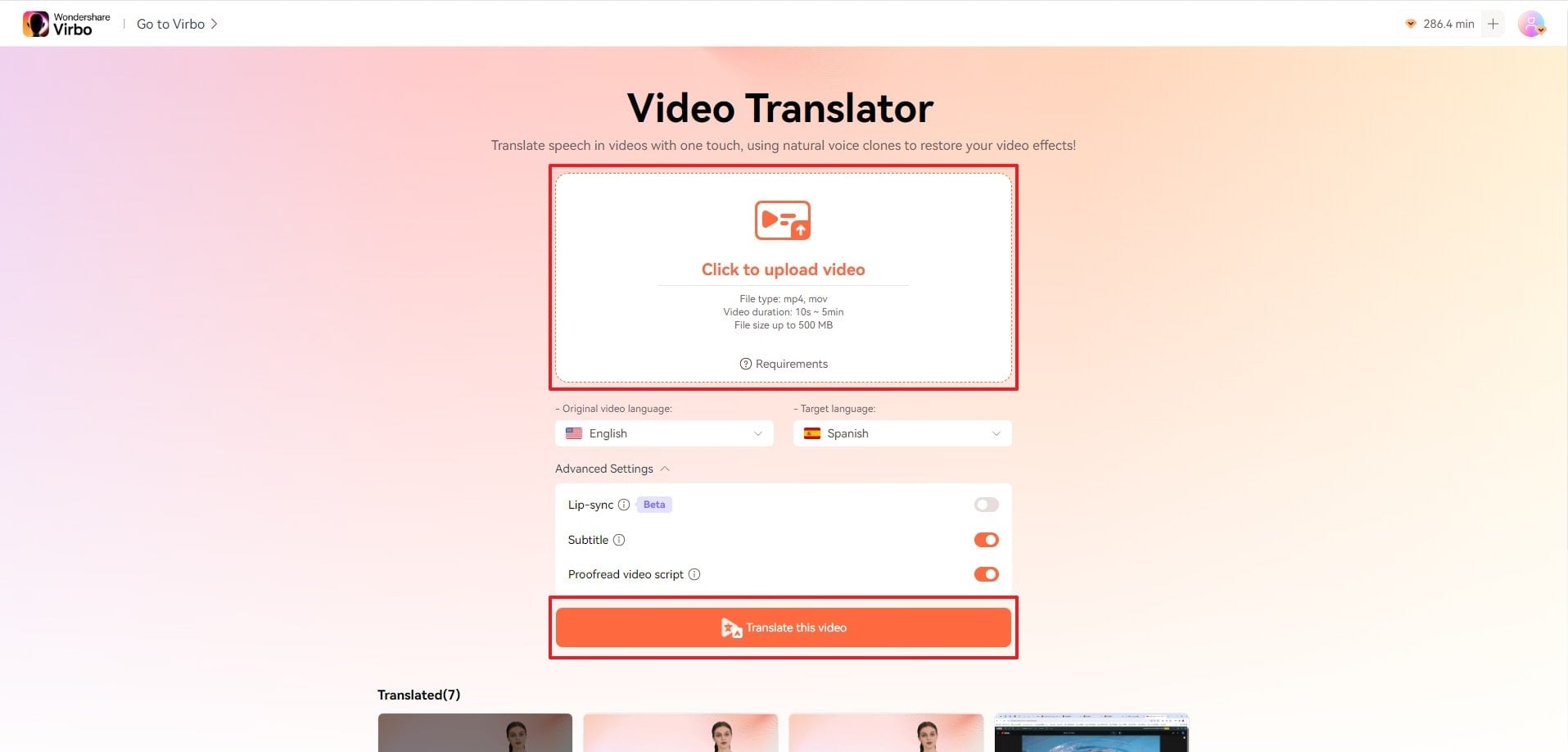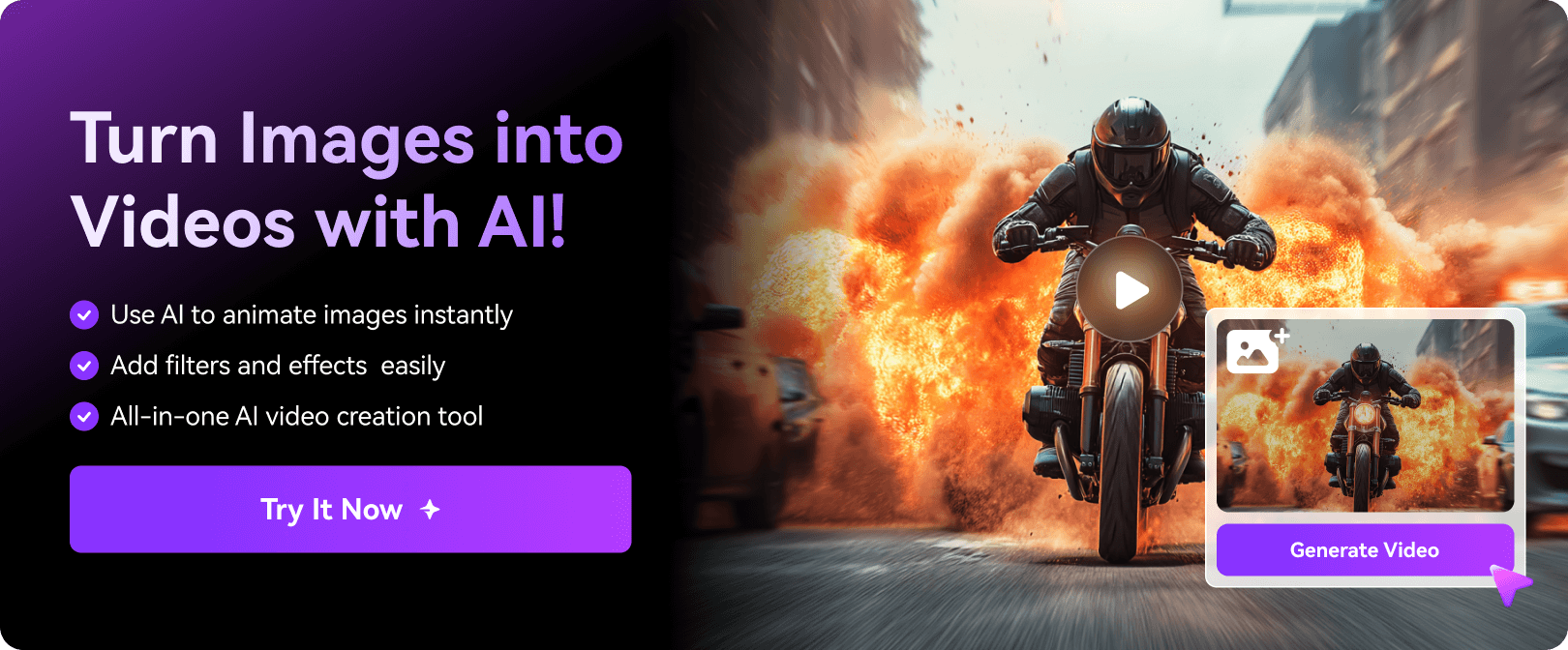Jack needs to do voice translation frequently for his work. At first, he used Google Translate Voice, but the result was not good, especially when dealing with technical terms and complex sentences. Later, he discovered Virbo, a high-precision voice translation tool. After trying it out, Jack was greatly satisfied with the significant improvement in translation efficiency and work performance.
If you also want to improve your efficiency and double your salary, keep reading. I believe virbo will help you in the end!
In this article
Part 1: How to Transcribe Voice to Text Online Using Google Translate
To use Google Translate to convert audio to text on a desktop, you can follow these steps:
- Access Google Translate: Open your web browser and navigate to Google Translate website.
- Activate the Microphone: In the "Source" language section on the left side, click on the microphone icon to enable speech recognition.

- Grant Microphone Permissions:If prompted, allow Google Translate to access your microphone. This is necessary for the audio-to-text conversion.
- Start Transcribing: Begin speaking into your microphone or play the audio file you wish to transcribe. Ensure the audio is clear and free from background noise to enhance transcription accuracy.
- View Transcription: Google Translate will transcribe the speech in real-time. The resulting text will appear in the right-hand text box.
- Use Your Transcribed Text: After the transcription is complete, copy the text from the text box for further use.
Certainly, if you're looking for a faster, more effective, and simpler approach, I highly recommend using the method of Virbo outlined below.
Part 2: Step Guidance: How to Translate Videos with Google Translate
In addition to ordinary voice translation, Virbo's more advanced function is video translation! If you are a beginner the following steps may seem a bit of work, but let me assure you, they are very straightforward. Follow along to Google translate videos:
Step1Upload Your Video To Virbo

Get App Free Translate Video Online
Virbo is an AI Video Editor. Among other features, it has a fantastic online video translator that you can use to translate videos into 40+ languages.
So, go to Virbo, and then click on Video Translator Tool in the top right corner. Upload your video.
Step2Select Source & Target Language To Translate Your Video

When video is done uploading, you will see the option to select Source and Target languages. Select your video language as the Source, and the language you want it translated into as the Target.
You can download subtitles as SRT or TXT files.
Step3 Use Google Translate to Further Improve Translation

Finally, copy and paste the subtitles on Google Translate and get your desired translation.
That’s all. That’s how you successfully Googel Transalte a video!
Part 3: Best Alternatives To Google Translate
Below are some alternatives you can use if Google Translate is unavailable. These options are just as good, if not better.
1. Virbo AI

We previously mentioned Virbo for burning subtitles on your Video. But you can also use it to translate a video, edit subtitles, create instant dubs/voiceovers, make AI avatar videos, convert your Powerpoint into a video and do so much more. It is a great option if you want a host of features to streamline your content creation process besides mere subtitle translation. Virbo is available on all major platforms, such as Online Browsers, PC/Laptop, Android, and iOS devices.
2. Microsoft Translator

Microsoft Translator is another great option for video translation. It allows real time translated conversations across multiple devices and platforms. Another difference between Google and Microsoft Translator is that Microsoft’s Translator supports fewer languages. It’s only available for 103 languages, which is still more than big name translation services. A unique feature of Microsoft Translator is that it is also compatible with the MS Office suite. So you can use it with MS Excel, One Note, PowerPoint and Outlook. Lastly, this tool is particularly helpful with contextual understanding of a sentence.
3. SubtitleBee

SubtitleBee is also a great service to quickly translate and add subtitles to online videos. With a reported accuracy rate of 95%, this service is among some of the most accurate in the market. Moreover, it allows you to customize subtitles, edit and add cool font styles, colors, background details and orientation to create your unique projects. Another great feature is that with SubtitleBee you can add subtitles anywhere on screen. Even on top, if you so want. It also has a supertitles feature as a bonus, which enables you to add head titles on videos.
Part 4: Benefits of Using Google Translate for Video Translation
Below are some of the biggest benefits of using Google Translate for translating videos:
1. Save Money
Most tools need money to access premium features, but not Google. Google Translate is absolutely free of cost. You can use it for hour-long videos and this service won’t charge you a dime. This can help you save some bucks on hiring professional translation services.
2. Support Almost All Languages
That’s correct. Google Translate currently supports 133 languages of the world. That means with the help of Google Translate you can reach a much wider global language than any other service. You can easily translate your tutorials, how-to guides, podcasts, social media posts, scripts etc to reach as many people as possible.
3. Real-Time Performance
Google Translate provides instant translations. You don’t have to wait for the AI to understand the language first and then provide accurate translations. So, Google Translate video can be a lifesaver for content creators who are always on the go and need instant access to translations for their content.
4. No Installation or Sign-Up Required
Most translation tools require either a sign up or software installation, Google Translation is straightforward to use. Simply copy your content and paste it into the translation window. Google Translate will instantly pick up the language to give you the translation. It’s that simple.
5. Offline Translation Available
The biggest benefit of Google Translate is uninterrupted service. You can download Google Translate app on your mobile phones and translate content offline. It can be particularly beneficial for content creators who don’t always have an internet connection.
Conclusion
That’s pretty much all about translating a video using Google Translate. Tools like Google Translate and Wondershare Virbo make our world more connected than ever. They bridge boundaries and bring people together. But, don’t forget, if you are translating any copyrighted content with Google Translate, you may need permission. Translating copyrighted content without permission is still copyright infringement. Use these tools with responsibility. Now, go on, Google Translate video online. Good luck!
Get App Free Translate Video Online
FAQs
-
Can I translate a full video with Google Translate?
Of course, you can use Google Translate to get the translation of any length video. You will first have to transcribe the entire audio and then translate that transcript with the help of Google Video. You can use services like Virbo to add these translated subtitles to the original video. -
Does Google Translate really work for video translation?
Well, Google Translate does not directly translate a video. You have to integrate it with other services like YouTube to get translation and then use Google Translate as a secondary tool to translate a video. -
Can I get a translated video in my native language?
Yes, Google Translate supports almost 133 languages of the world. If your native language is spoken by a large population, chances are Google supports its translation to and from other languages. So, you can get a translated video in your native language. -
What languages does Google Translate support?
Google Translate supports approximately 133 languages of the world at the moment. But it keeps on adding new language support every once in a while. You can get translations in all popular languages like English, Chinese, Spanish, French, Japanese, Hindi, Italian, Russian, Korean, etc.




